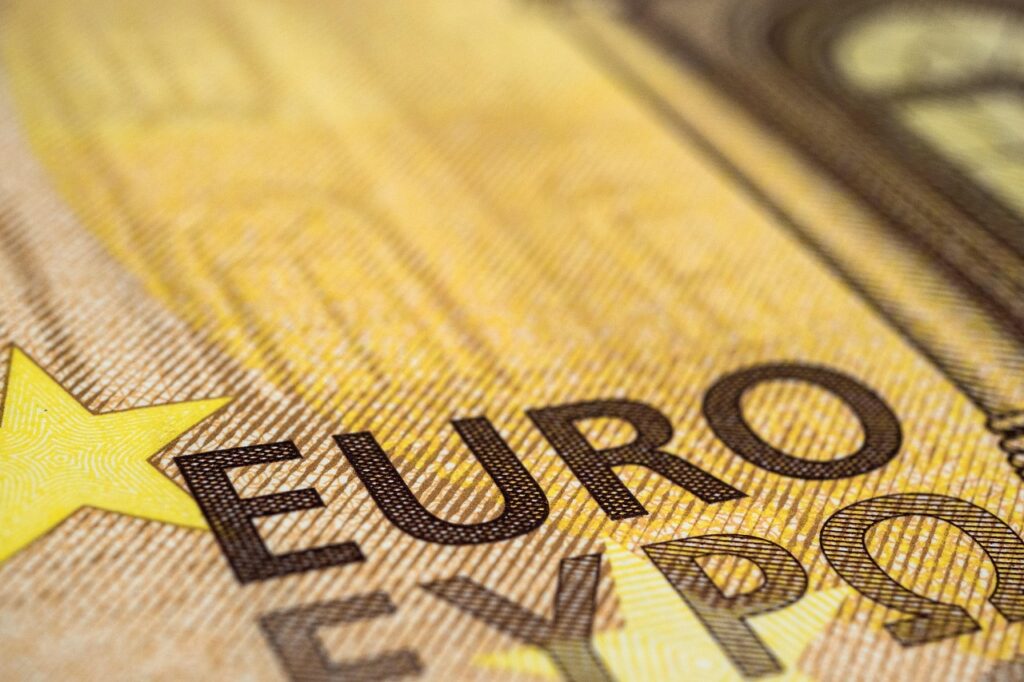Europe is taking a decisive step toward tackling one of its most persistent emissions sources: industrial process heat. On October 10, 2025, the European Commission released the final Terms and Conditions (T&Cs) for the IF25 Heat Auction, its first continent-wide auction aimed at decarbonizing industrial heat generation.
Backed by €1 billion from the EU Emissions Trading System (ETS), the initiative marks a pivotal moment in the evolution of the Innovation Fund, signaling the EU’s intent to bridge the cost gap between fossil-based and electrified or renewable heat solutions.
Industrial process heat accounts for a significant share of Europe’s total emissions—particularly in sectors like chemicals, steel, and cement, where high-temperature processes are still dominated by fossil fuels. Despite ongoing electrification efforts, cost and technological barriers have kept adoption slow. The IF25 Heat Auction is designed to directly address this, offering fixed-premium subsidies per tonne of CO₂ abated for a period of up to five years. By linking subsidies to measurable carbon savings rather than installed capacity, the Commission aims to ensure efficient allocation of funds while incentivizing projects with demonstrable climate impact.
The auction’s wide scope opens eligibility to projects of all sizes across the European Economic Area (EEA), covering technologies ranging from industrial heat pumps, electric boilers, and plasma torches to solar thermal and geothermal systems. Hybrid configurations that combine electrification with direct renewable heat sources are also encouraged. Importantly, the auction promotes flexibility measures that reduce electricity use during peak demand periods—an approach aligned with the EU’s broader grid stabilization objectives.
The structure builds on the Innovation Fund’s earlier success with renewable hydrogen auctions under the European Hydrogen Bank, which attracted robust private sector participation through its Auction-as-a-Service (AaaS) model. National governments will again be able to contribute additional funding through this mechanism, potentially expanding the €1 billion budget and ensuring regional alignment with the EU’s industrial decarbonization priorities.
For industry leaders, the timing is strategic. The auction is set to open for bids in early December 2025, allowing several months for applicants to review the T&Cs and prepare submissions. According to the Commission, this pilot will serve as a test bed for establishing the Industrial Decarbonisation Bank, a forthcoming institution envisioned to channel €100 billion into clean industrial investment.
From a policy perspective, the IF25 Heat Auction represents more than just another funding window—it signals the EU’s intent to reframe industrial decarbonization around process-level transformation rather than incremental efficiency gains. Industrial heat generation accounts for roughly 20% of total EU final energy consumption, with fossil fuels still supplying over 70% of that demand. Replacing this with electrified and renewable systems could substantially reduce emissions while cutting dependence on imported fuels.
Analysts note that this linkage between auction-based funding and long-term financial architecture could set a precedent for future EU climate finance. The Innovation Fund, which has already committed €12 billion to 200 projects across the EEA, demonstrates how ETS revenues can be recycled to accelerate commercialization of low-carbon technologies. By anchoring the Industrial Decarbonisation Bank in this framework, the Commission aims to institutionalize the financing of clean industry as a permanent function of the European climate policy landscape.
The IF25 Heat Auction emerges as both a policy experiment and a strategic signal. If successful, it could demonstrate that targeted carbon abatement incentives can make electrified industrial heat economically viable at scale—an outcome that would redefine the decarbonization trajectory for Europe’s heavy industries and solidify the foundations for a continent-wide Industrial Decarbonisation Bank.
Stay updated on the latest in energy! Follow us on LinkedIn, Facebook, and X for real-time news and insights. Don’t miss out on exclusive interviews and webinars—subscribe to our YouTube channel today! Join our community and be part of the conversation shaping the future of energy.
